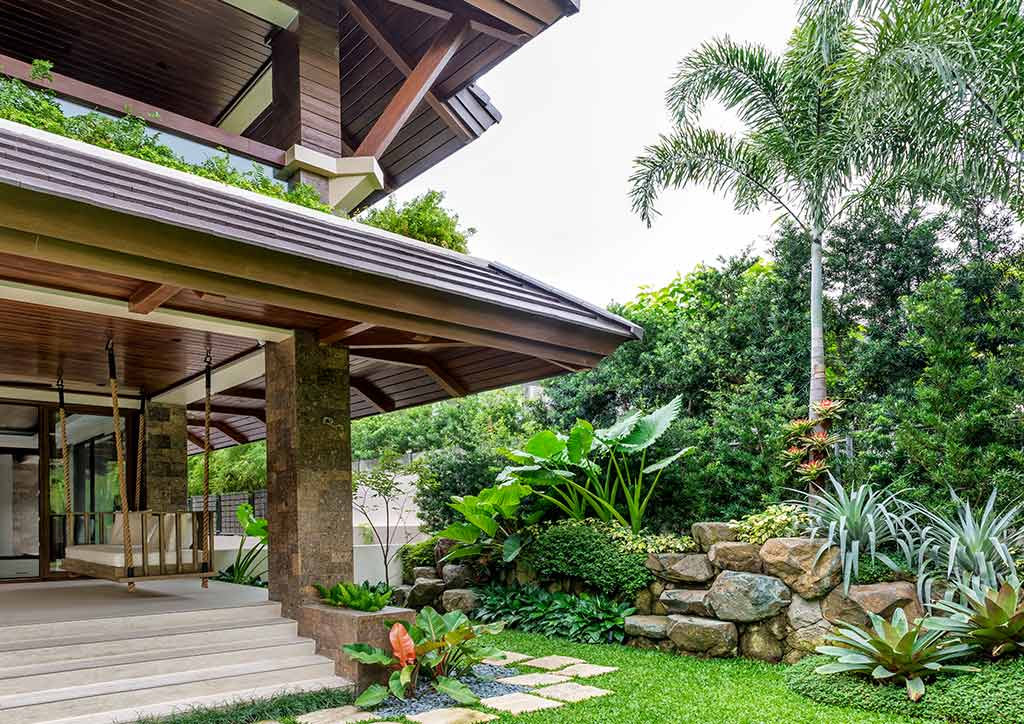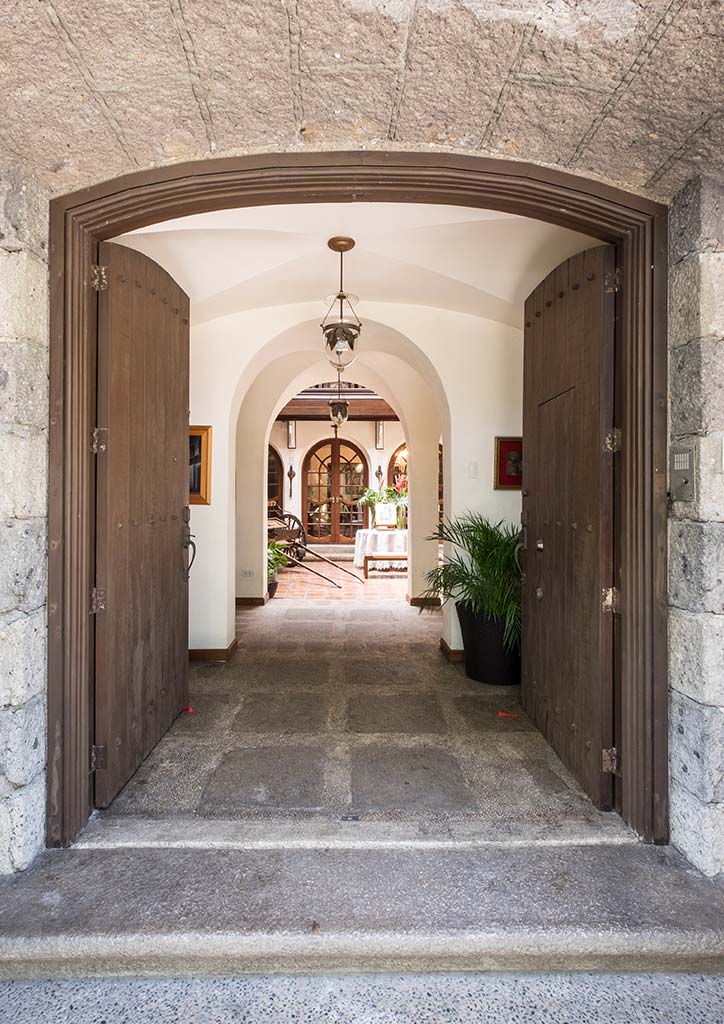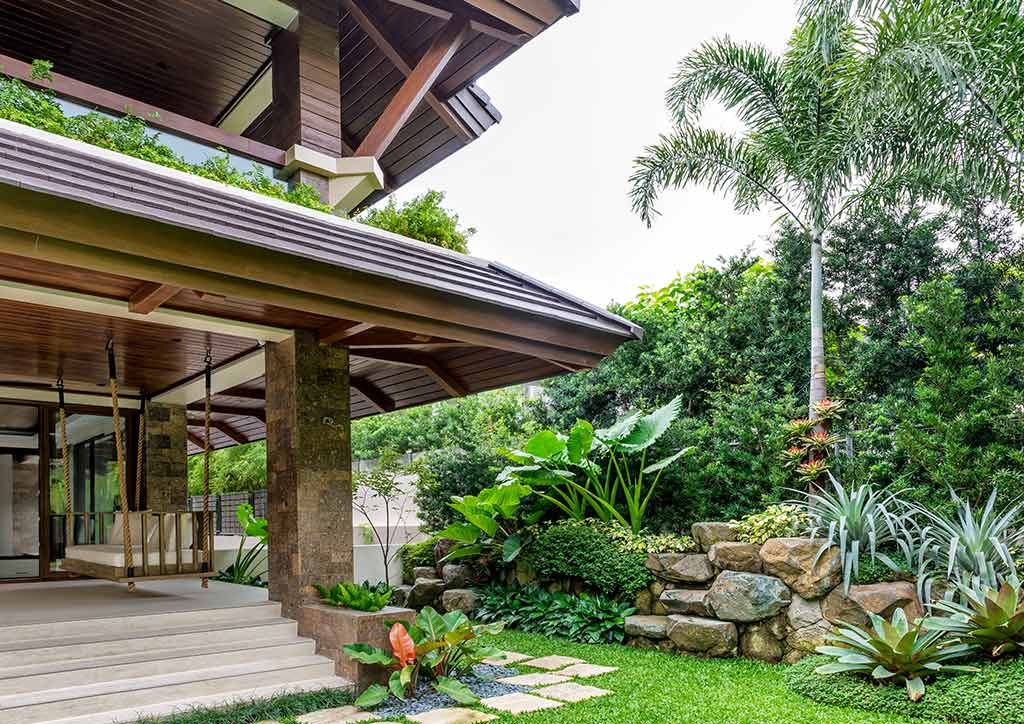
5 Feng Shui Hints when Building or Buying a New House

When building or looking for a new home, following certain Feng Shui specifications could allow you to maximize the production and maintenance of positive energy you and your family could benefit off of in the long run.
As much as it would be worth it to hire a professional Feng Shui expert to help you read and look through your options, there’s nothing wrong with learning how to figure out these things on your own.
Save time and energy by using this Roomhints guide to aid you in your house hunting or building.
1. House History
When it comes to building or buying a home, make sure to ask the landlord or the lot’s neighbors on what they know about the house’s history. Building or buying a home on a lot that has a track record for bad luck (ex: a previous crime scene, built on the grounds of a former cemetery, in a seemingly unsafe neighborhood, etc.) makes for Sha Chi (negative Feng Shui energy) and must be avoided completely.

2. Prime Lot
Whether or not you practice Feng Shui, it pays to invest in a good neighborhood, preferably a bit further from the hustle and bustle of the city; don’t go overboard and live too far away from your place of employment or your children’s schools, though.
Avoid living in neighborhoods that thrive in negative energy like villages situated in polluted areas, or anywhere near the previously mentioned Sha Chi examples. Building a home in unpleasant surroundings will render any efforts to decorate and design a Feng Shui home pointless.
Naturally, scenic locations are optimal choices for Feng Shui lots. Surrounding your home in areas with just enough trees and natural sunlight is an excellent foundation for building a Feng Shui home, and will induce positive energy within the household as well.
3. Pathways
If a sidewalk or any path coming from the road outside your house leads to your front door, make sure the path is either curved or meandering. Having straight walkways or any straight lines in general pointing towards your house double as poison arrows, which are other manifestations of Sha Chi, shooting straight into your home when the front door is opened.
If there is a straight walkway already present in your current home, you could counter it by creating a curved path leading to your home using bricks or pavestones, or you could ask your contractor to rebuild the walkway altogether.

4.Shape and Floorplan
The most auspicious floorplans for Feng Shui houses are usually rectangle, round, or square.
Avoid building or buying an irregularly-shaped home like L-shapes, hearts, or other odd formations, because these shapes prevent good chi from flowing throughout the home, and makes that same energy pool in different areas of the house. This results in stagnant energy, which makes for terrible Feng Shui.
5. Staircases
Single-floor homes are considered the best option for building a Feng Shui home mainly because staircases have the tendency to hinder the natural flow of energy throughout the home.
If you’re looking to buy a home with more than one floor, note that it is best that the staircase should be built in areas of the house that receive less foot traffic, preferably along the outskirts of the house, which allows energy to flow better throughout the rest of the home before reaching the staircase.
Also, avoid placing the staircase in front of the front door, as the energy entering the home would likely flow directly upstairs instead of dispersing and circulating throughout the main floor, causing it to lack in good chi.

6. Basements and Storage
Areas meant to store and conceal most of the house’s clutter are known to be the least auspicious rooms in the home, given that clutter is notorious for accumulating stagnant energy. Much like the staircase, the ideal placement for storage areas and basements would be in the outskirts of the home as well. Keep these areas away from the bedrooms and dining rooms to avoid contaminating areas that receive most of the home’s foot traffic.
To avoid accumulating too much stagnant energy in these areas, make sure to store your items neatly in properly labeled boxes and baskets in order to create a sense of order in the room. Labeling your storage options will help prevent any further messes when looking for items tucked away in storage.
***Learn more about using crystals in your home with our guide to Citrine Crystal for Abundance in Feng Shui or how to add a Money Tree to your home.